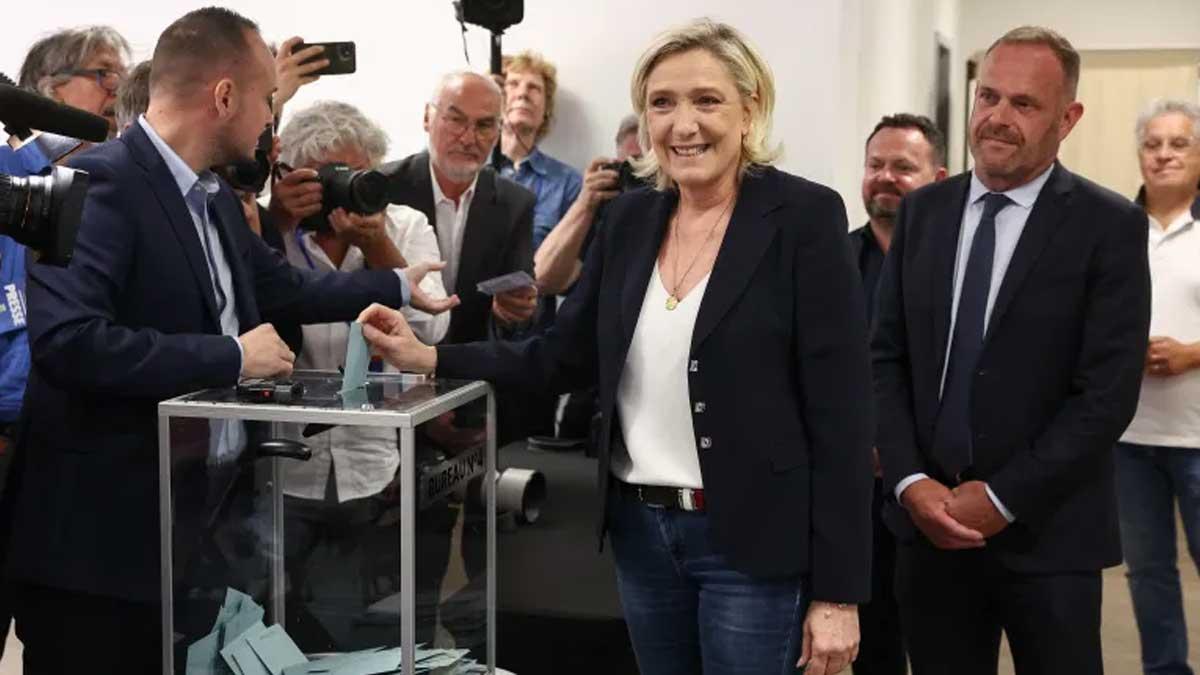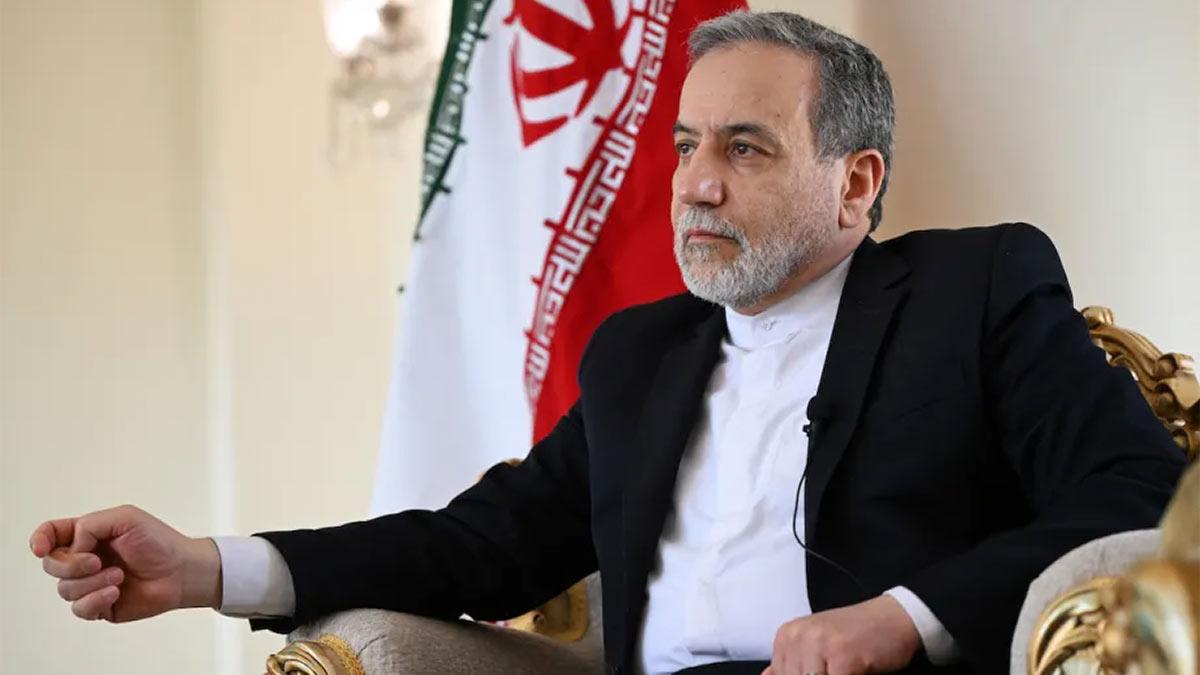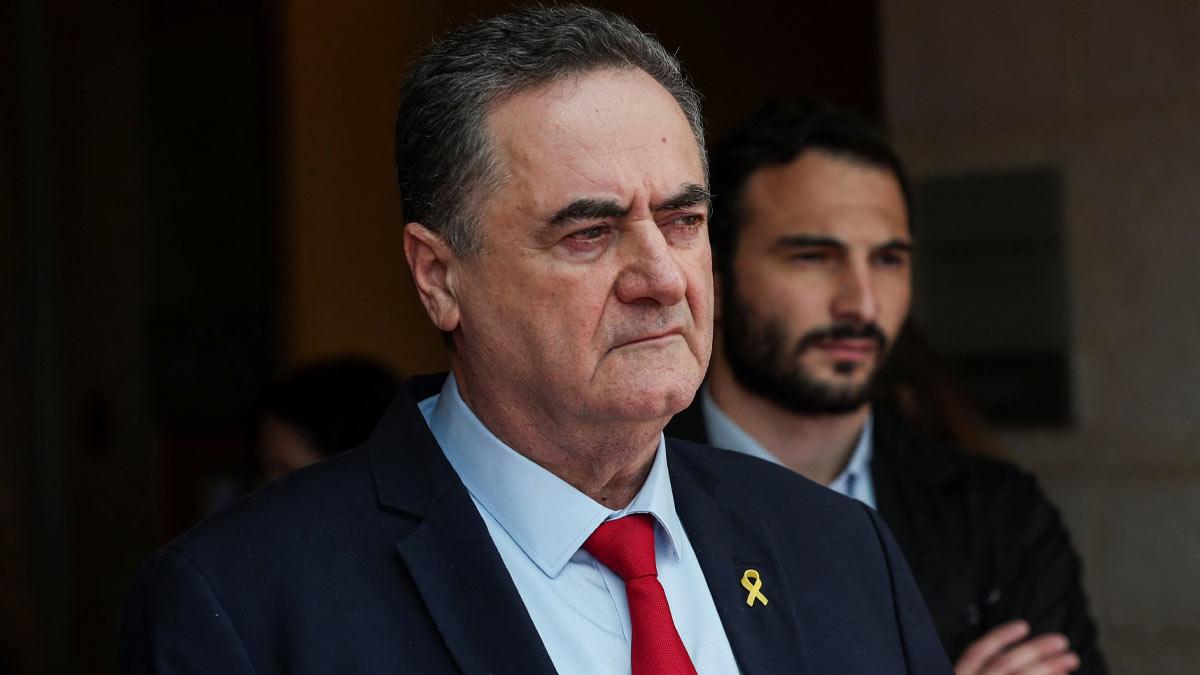Exit polls to the 577-strong FrenchNational Assembly yesterday surpass the record since the past four decades in the first round. The exit polls point to a tectonic shift in the country's political landscape as the far-right, that did extremely well in recent elections to the European Parliament, is slated to end with the maximum number of votes. Simultaneously, President Emmanuel Macron's party is slated to end up third.
With the polls due to close in rural areas at 6 pm and those in urban areas three hours later, at 5 pm local time, nearly 60 percent of the electorate had voted, according to the Ministry of the Interior. That is equivalent to 59.39 percent, against 39.4 percent at the same time in 2022, the BBC reported.
Crucially, exit polls for this contest—the outcome of which is significant not just for the future of President Macron's politics but also for charting the course France and the EU will take—show far-right National Rally leader Jordan Bardella, 28 years old, winning 34 percent of the vote. The new Popular Front alliance comes second with 28.1 percent, while Macron's centrist Ensemble Alliance takes third place with less than a fifth of the vote at 20.3 percent.
Despite these being partial results, Le Pen touted what she called an apparent "wipe-out" of Macron's camp in her post-poll speech. "Democracy has spoken, and the French have put the RN and its allies at the forefront, almost crossing out the camp of Emmanuel Macron," she said, calling on supporters to further back the RN in next Sunday's second round so Bardella could be appointed prime minister.
The Majority required in the French political system is 289 seats. In case no candidate gets the support of 12.5 percent of locally registered voters, there will be a second round in the election process. Only those winning 50 per cent of vote with at least 25 per cent turnout win in first round. This means a decisive run-off will take place next Sunday, July 7.
These elections had been due to happen in 2027 but were unexpectedly called by Macron on June 9 after his alliance was massively defeated in the European Parliament elections by the National Rally. It was a gamble, but with little alternative he had after failing to win a majority in the 2022 elections that had stripped him of any opportunity to push through new laws and reforms.
The prospect of victory for either far-right or left has led to warnings, including from Macron lately, of a "civil war." A survey published Friday showed 40 percent of those questioned believed that such an outcome would occur if either extreme came to power, the BBC reported.
Though this was an uncertain situation, Macron promised to remain till the end of his presidential term in 2027, even if his party lost. Now, with a hostile parliament, there is very little he can do, and it cannot be dissolved to hold another election for at least a year.
Read also | Increasing Calls for Biden to Withdraw, But He Vows to Stay and Defeat Trump
Read also | UK PM Rishi Sunak Visits Neasden Temple During Campaign Trail


















